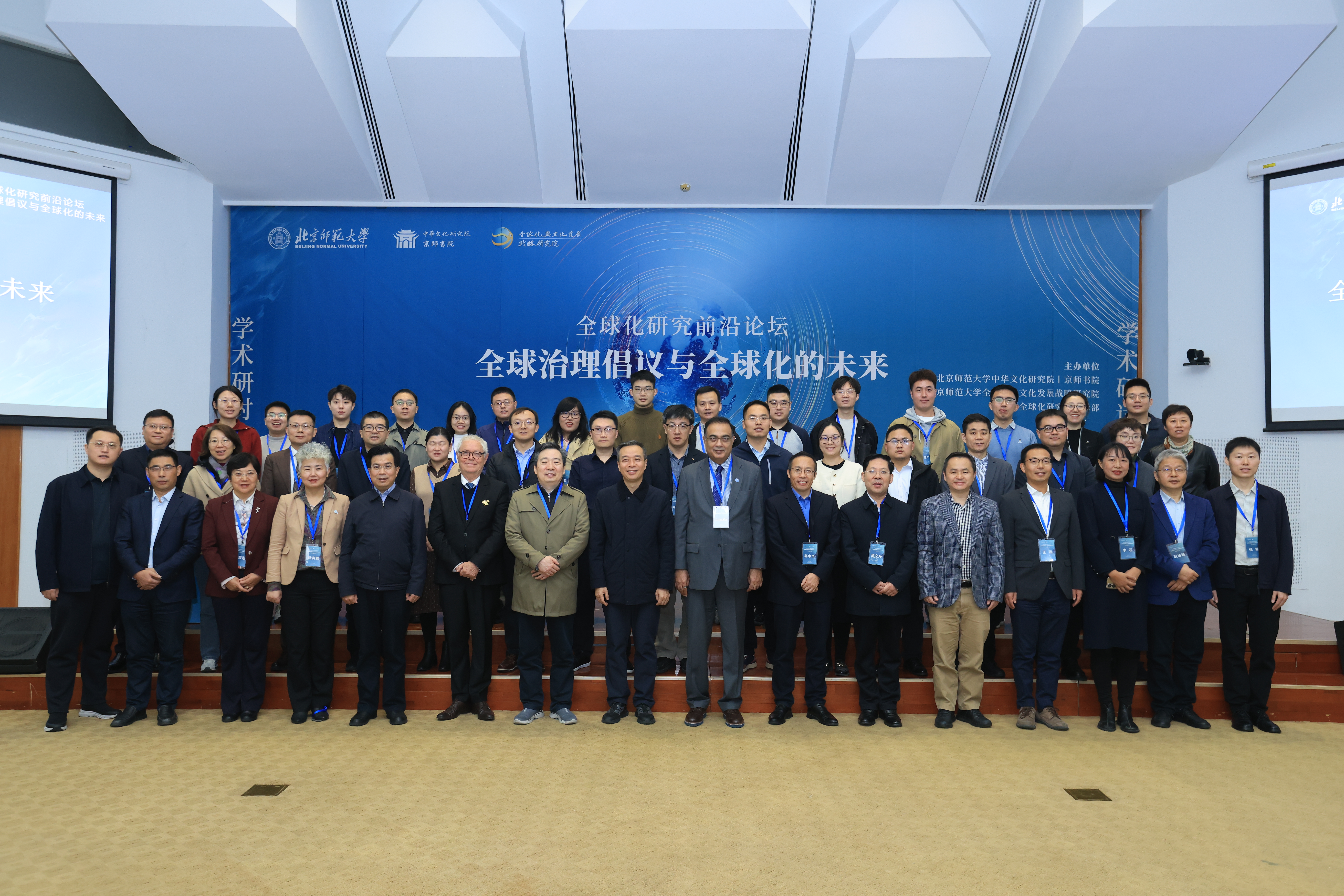Global Governance Initiative and the Future of Globalization Frontier Forum on Globalization Research Held in Beijing
On October 25, the Global Governance Initiative and the Future of Globalization Frontier Forum on Globalization Research was held at Beijing Normal University (BNU). Over 50 experts and scholars from institutions including the National Academy of Governance, BNU, Nankai University, Jilin University, China University of Political Science and Law, University of International Relations, Renmin University of China, Fudan University, Nanjing University, and Shandong University participated in the event.
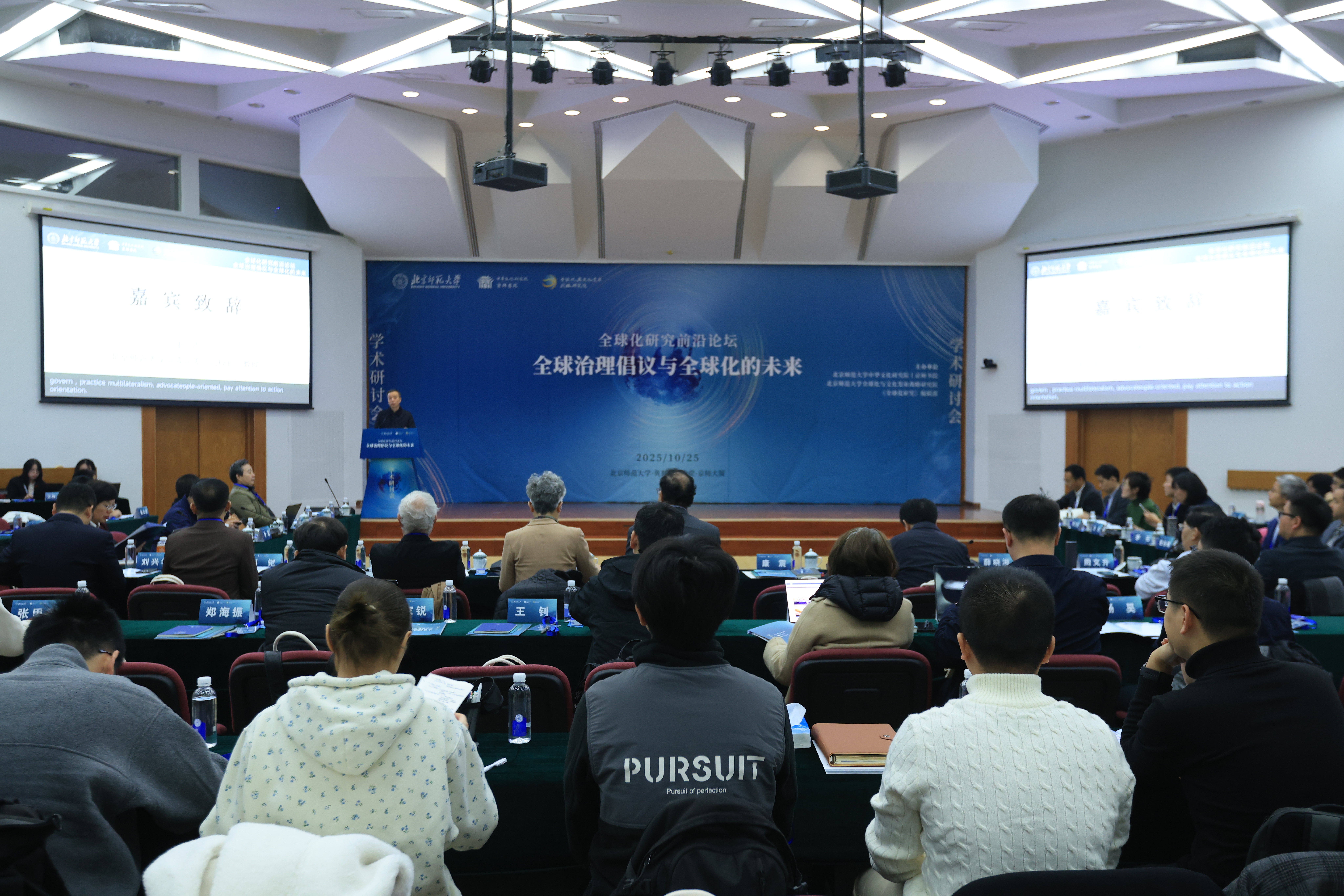
Kang Zhen, Vice President of BNU, pointed out that against the backdrop of globalization facing severe impacts from trade protectionism and regional conflicts, the Global Governance Initiative serves as a crucial guide for the international community to resolve risks, address challenges, restore order, and achieve good governance. This initiative, together with the Global Development Initiative, Global Security Initiative, and Global Civilization Initiative, constitutes China’s grand vision, systematic plan, and feasible path for building a better world, serving as the “China answer” to the question of “where humanity is headed.”
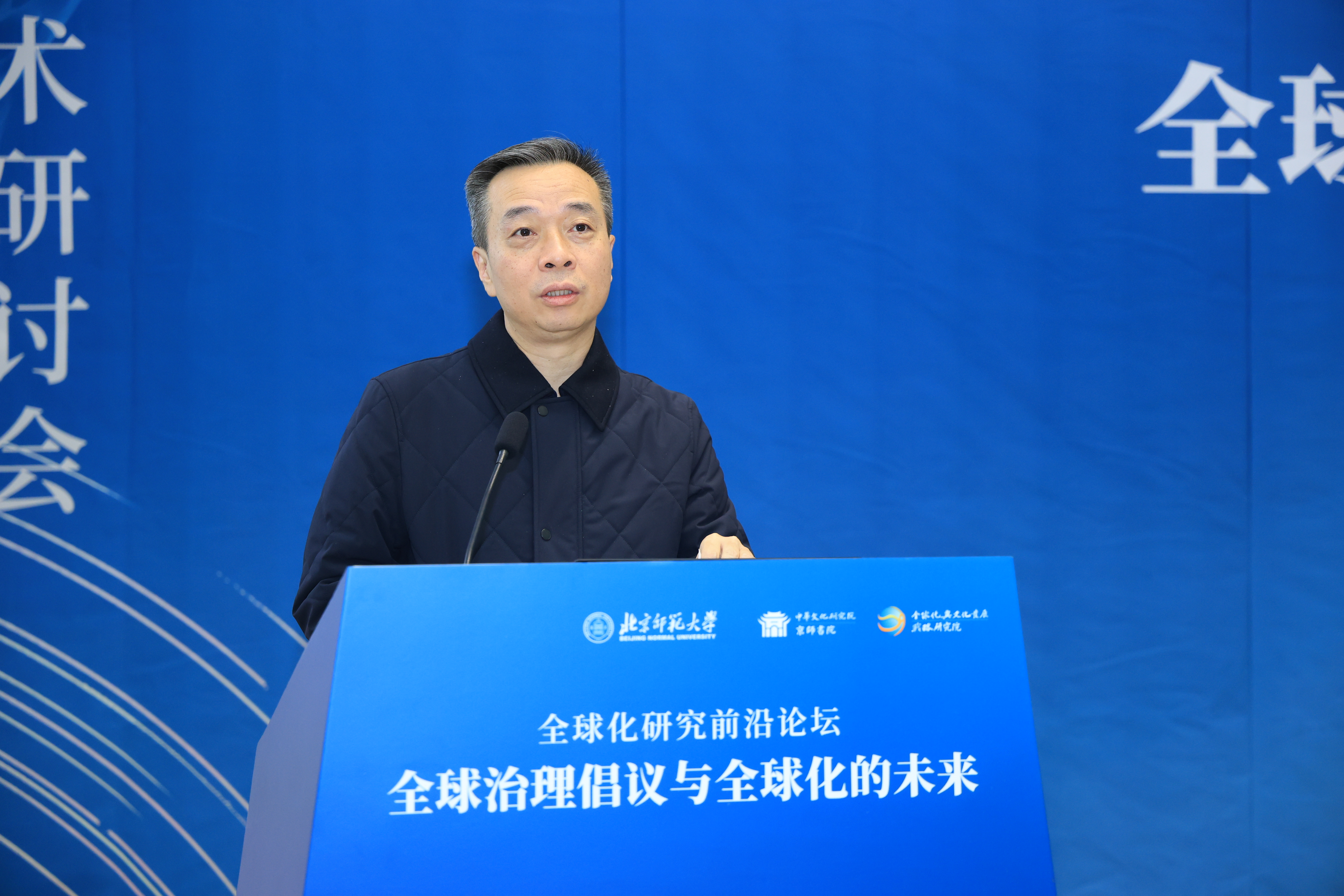
Shahbaz Khan, Director of UNESCO's East Asia Regional Office, emphasized that the world is undergoing profound transformations, with global order confronting challenges such as growing inequality and fragmented rules. He highlighted the significance of Global Governance Initiative. He stressed that global governance must be rooted in shared values and mutual understanding, aiming to build a globalized system that serves humanity, respects diversity, and promotes sustainable development.
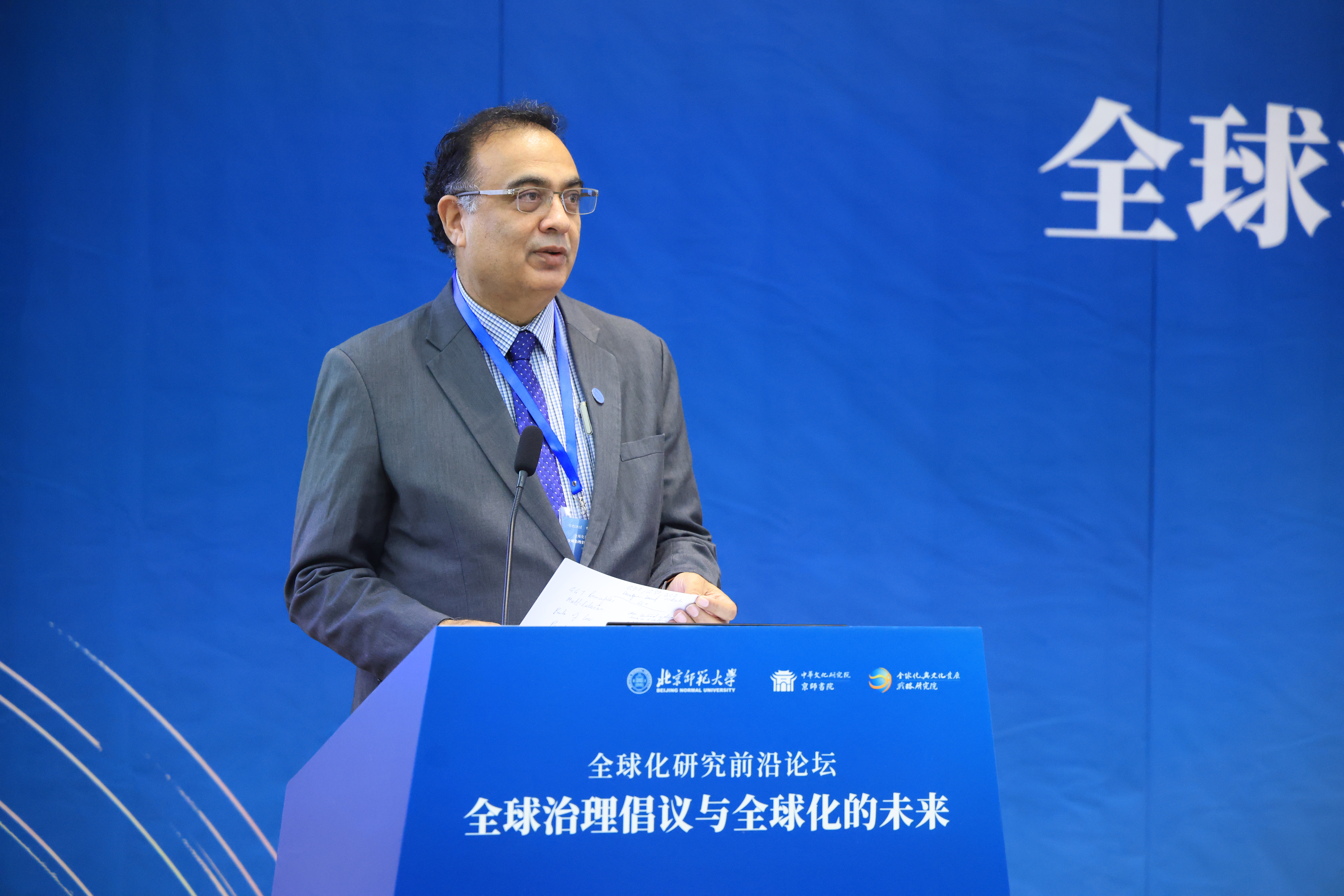
Wu Zhicheng, Dean of the National Academy of Governance, emphasized that globalization is a historical trend, and the world is a community with increasingly deepening interdependence. Chinese scholars should shoulder academic responsibilities and promote the construction of a Chinese discourse system. The journal Globalization Studies should continue to adhere to the correct editorial direction, respond to the needs of academic development and strategic practice, and advance research on globalization and global governance
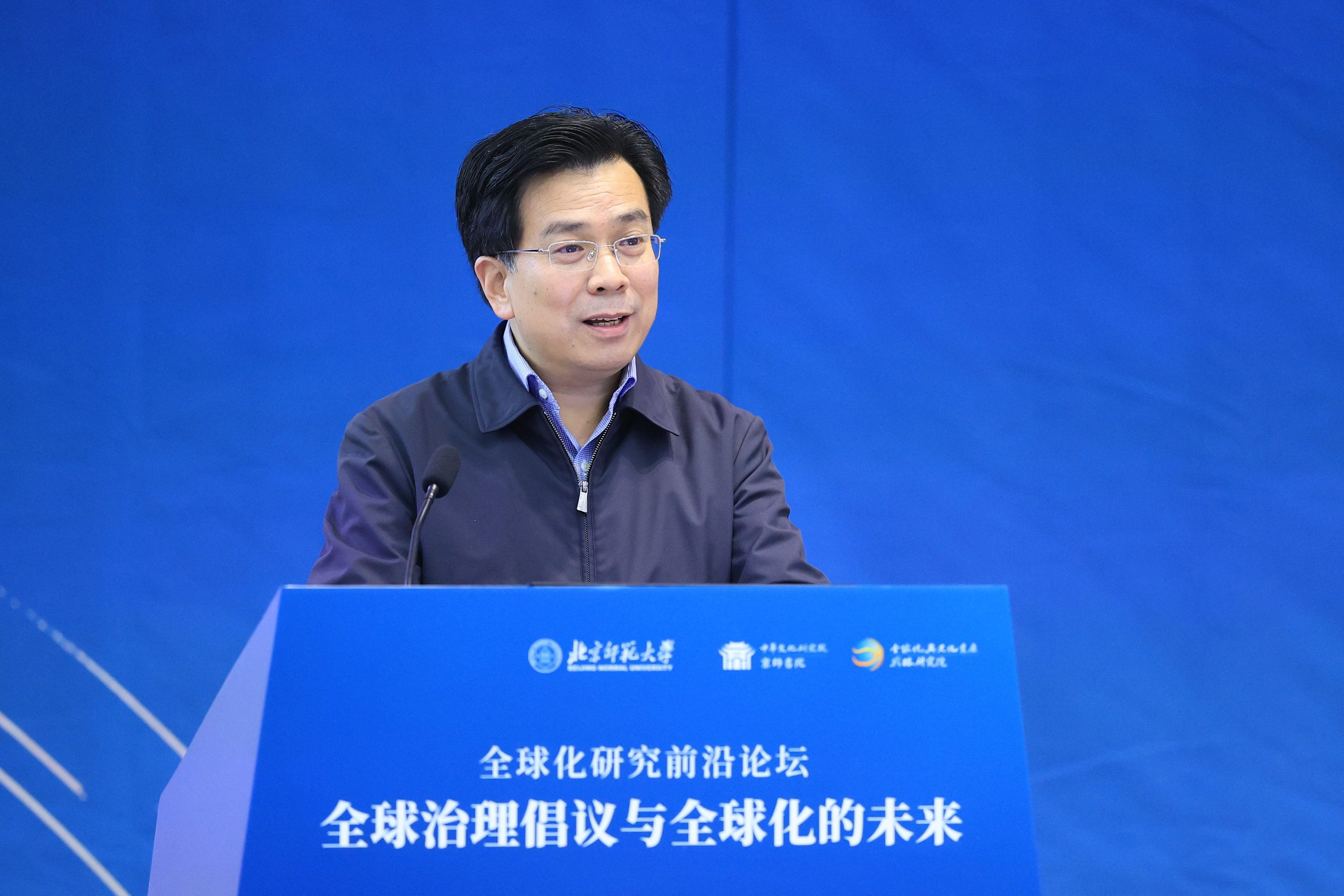
Xue Xiaoyuan, Director of the Research Institute for Globalization and Cultural Development Strategies at BNU, presided over the opening ceremony.
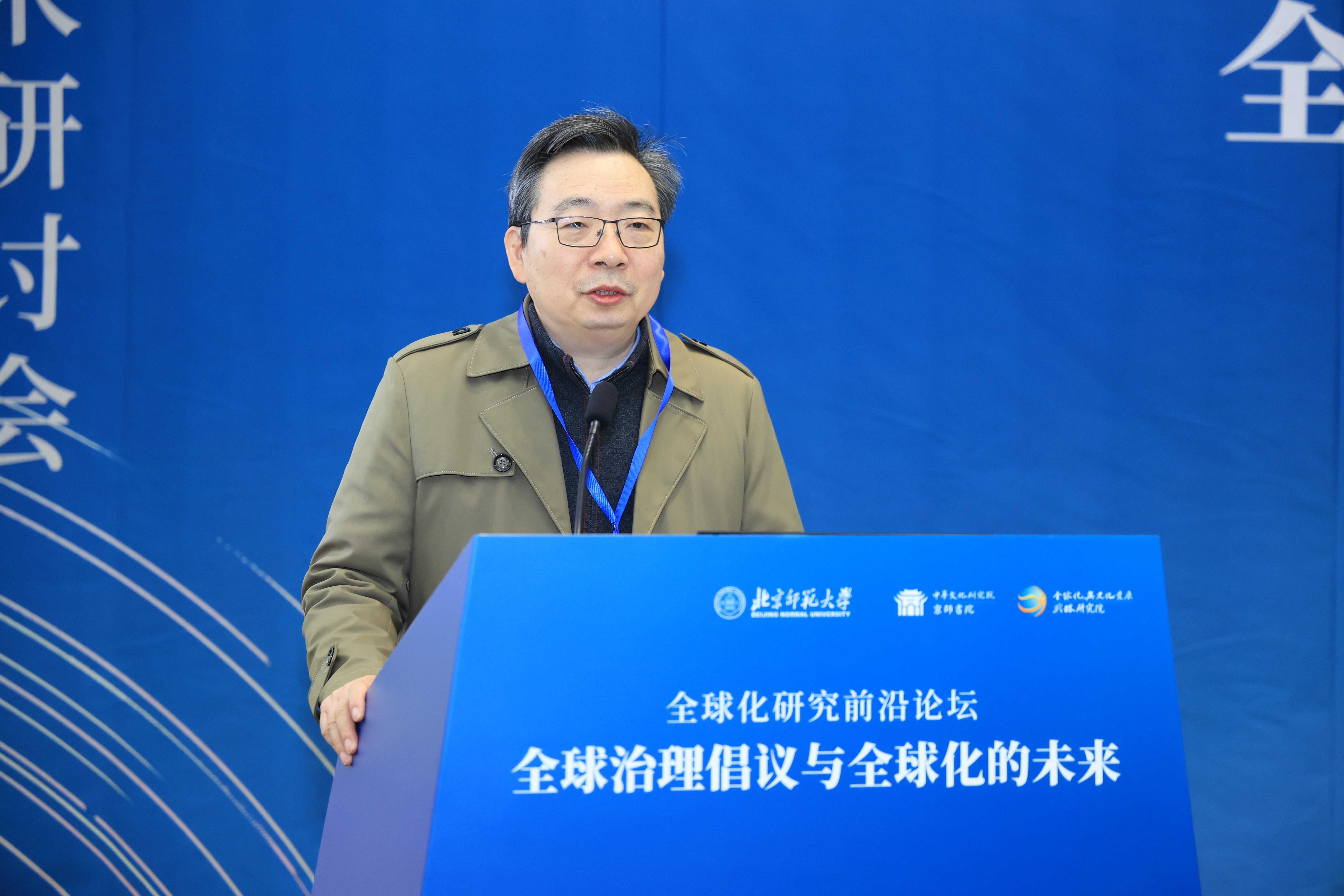
The first keynote speech was hosted by Liu Xinghua, Deputy Director of Global Issues Institute at Nankai University and deputy editor of Globalization Studies.
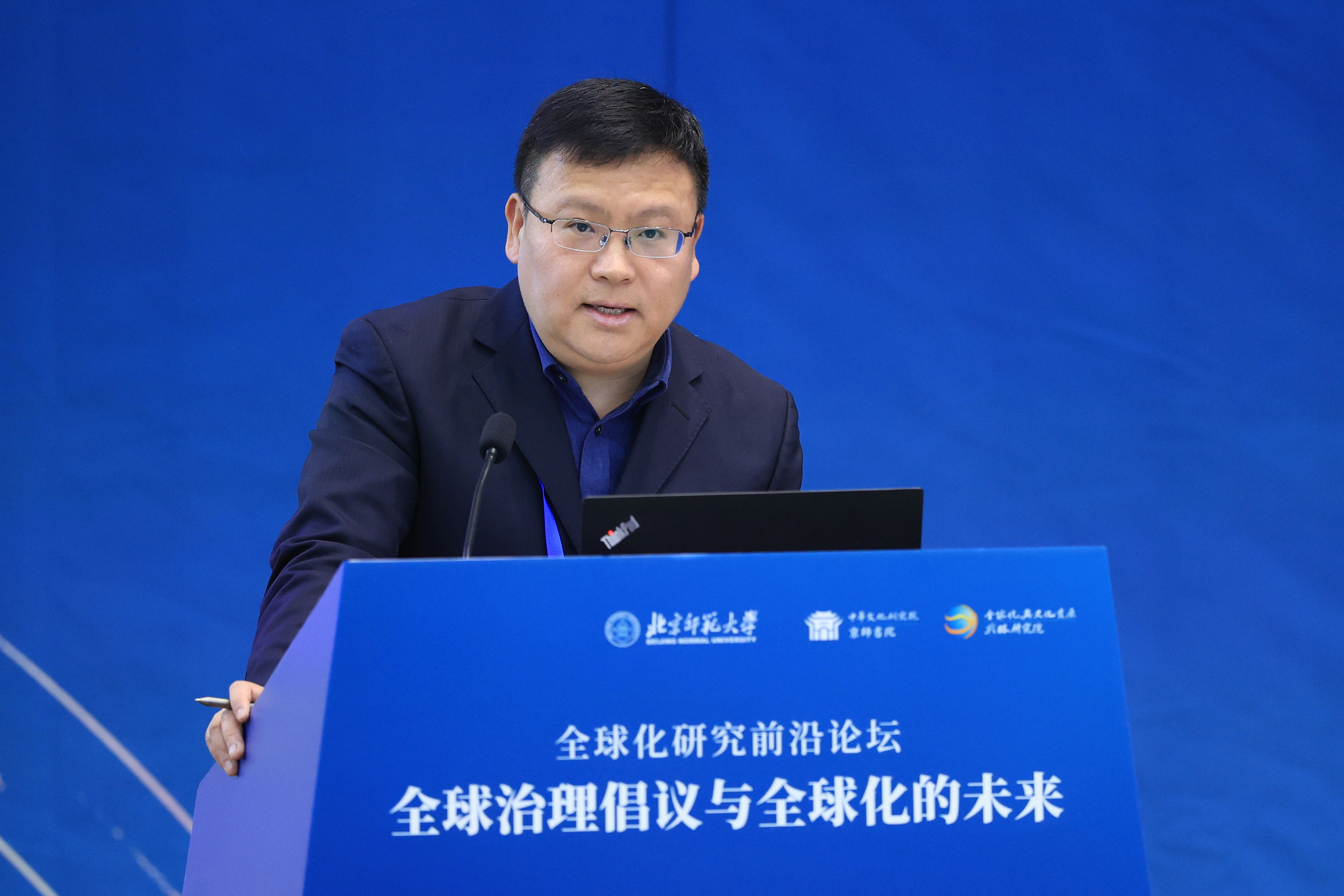
Wu Zhicheng’s keynote speech provided a profound analysis of the intrinsic logic behind the Four Global Initiatives. Each initiative has distinct focuses, yet they mutually reinforce and promote one another, forming an organic whole characterized by shared objectives, complementary functions, and dialectical unity. Together, they serve the noble goal of building a Human Community with a Shared Future.
In his lecture on global humanism, Bruno Pinchard, a resident scholar at BNU’s Jingshi Academy and School of Philosophy, noted that globalization now faces humanistic challenges, with its communication and unity efforts encountering difficulties. He called for the fulfillment of humanistic commitments to steer the global process toward the desired outcomes.
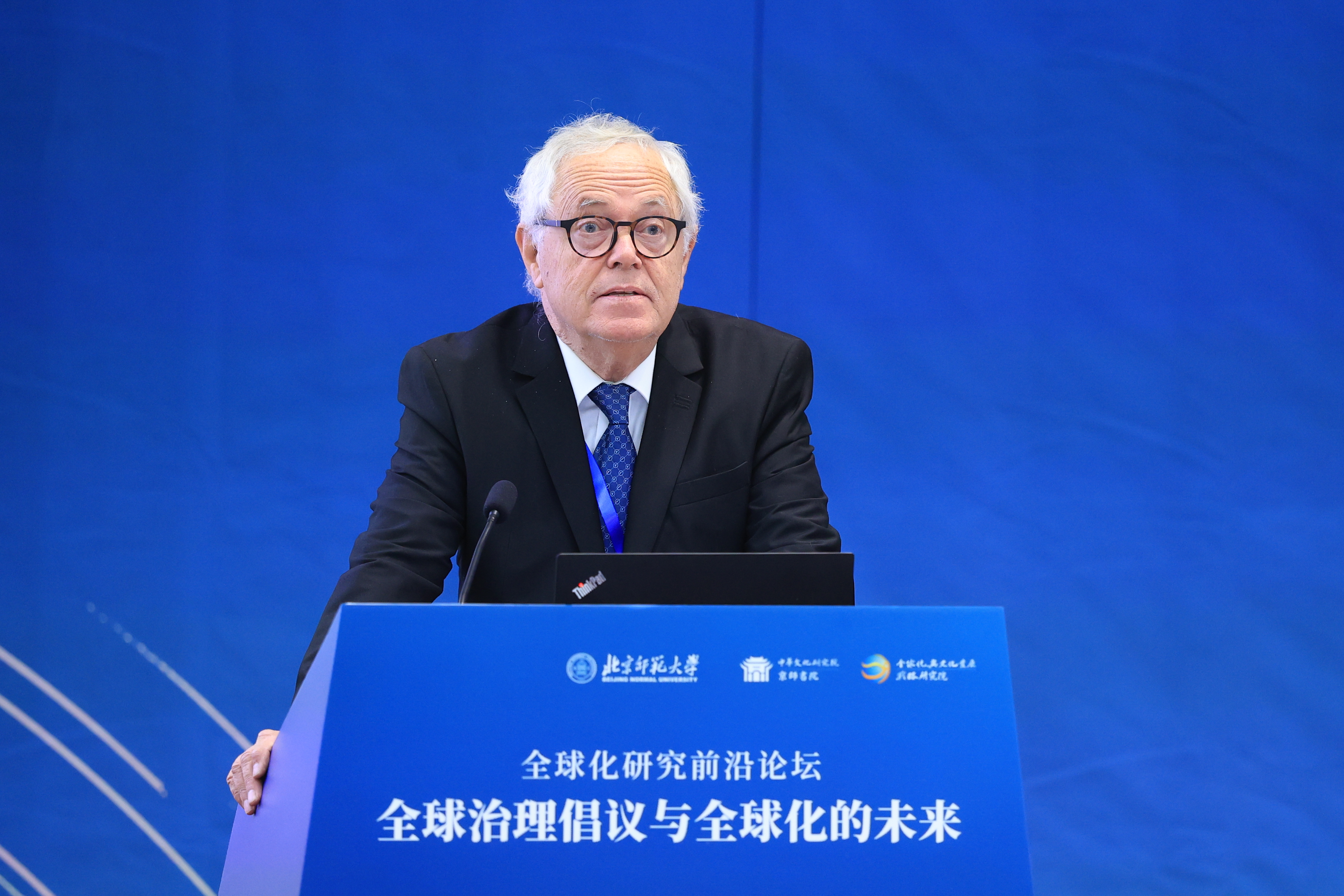
Liu Xuelian, director of the Institute of Northeast Asia Geo-politics & Geo-economics of Jilin University, elaborated on the thematic transformation of global governance. She also proposed research directions worthy of further exploration, such as building global resilience and improving global governance of digital technologies and artificial intelligence.
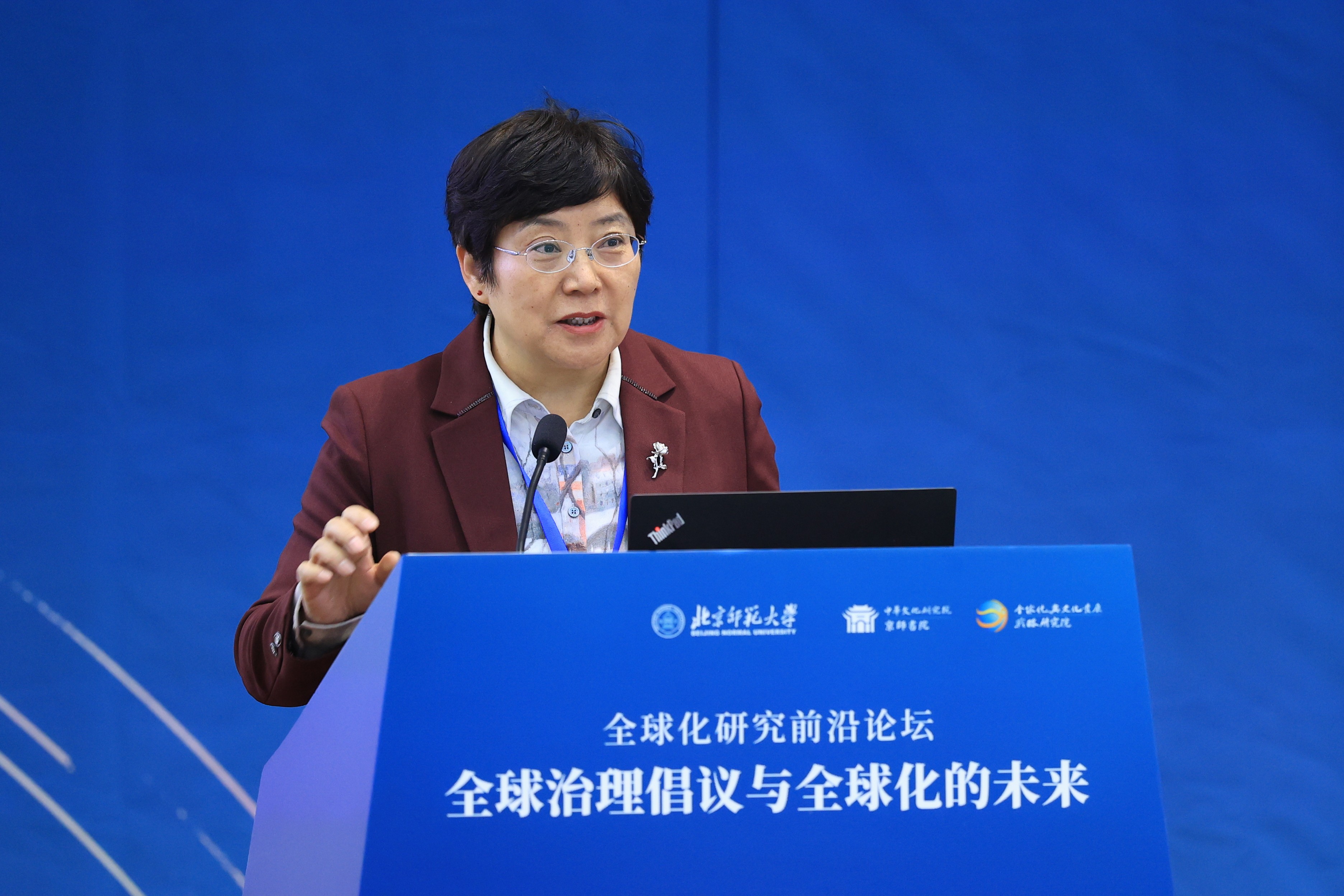
Professor Guo Zhonghua from the School of Government at Nanjing University analyzed the relationship between nation-states and globalization, proposing that globalization is not an independent entity.
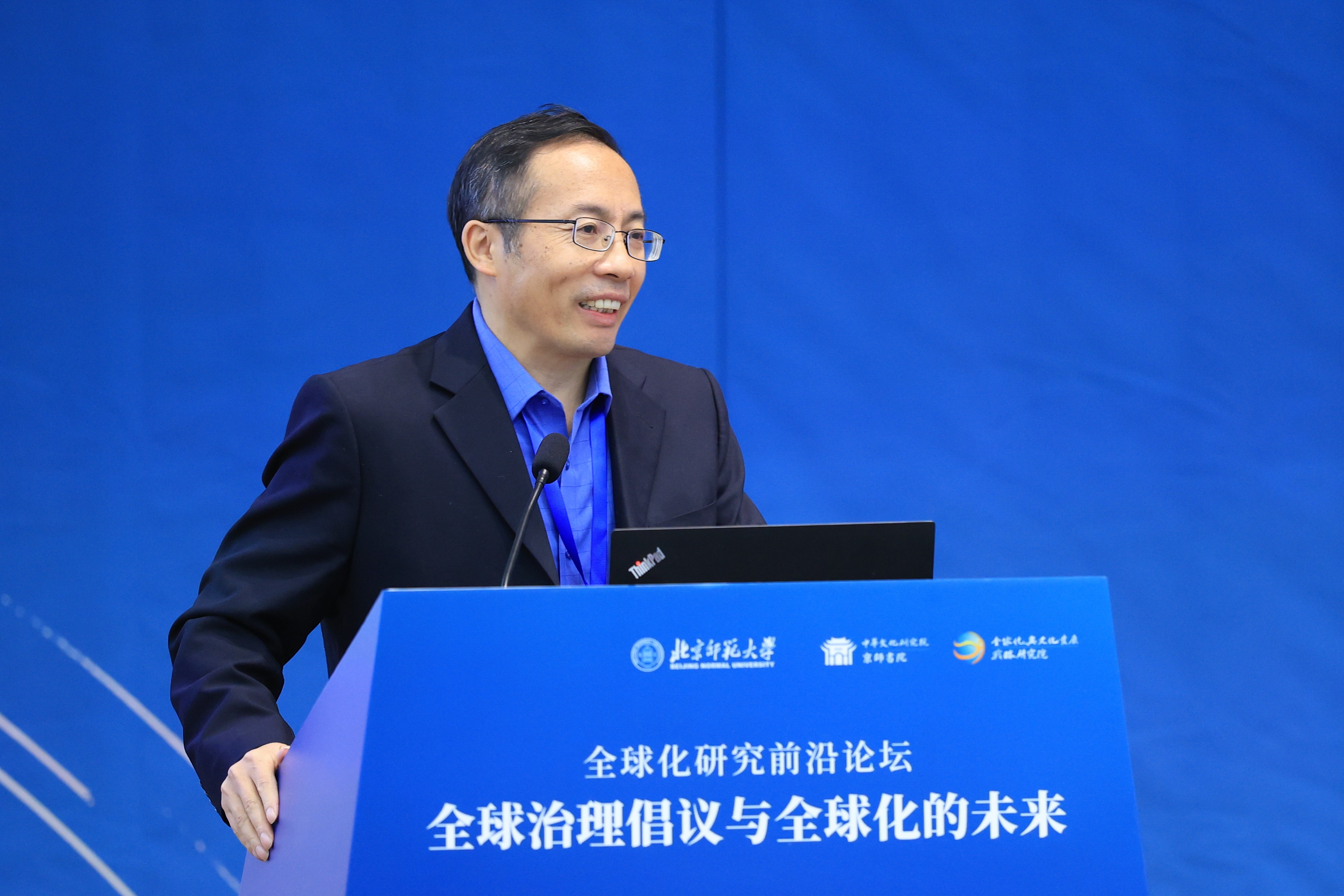
The second keynote speech was hosted by Zhou Wensheng, former editor-in-chief of Shandong Social Sciences.
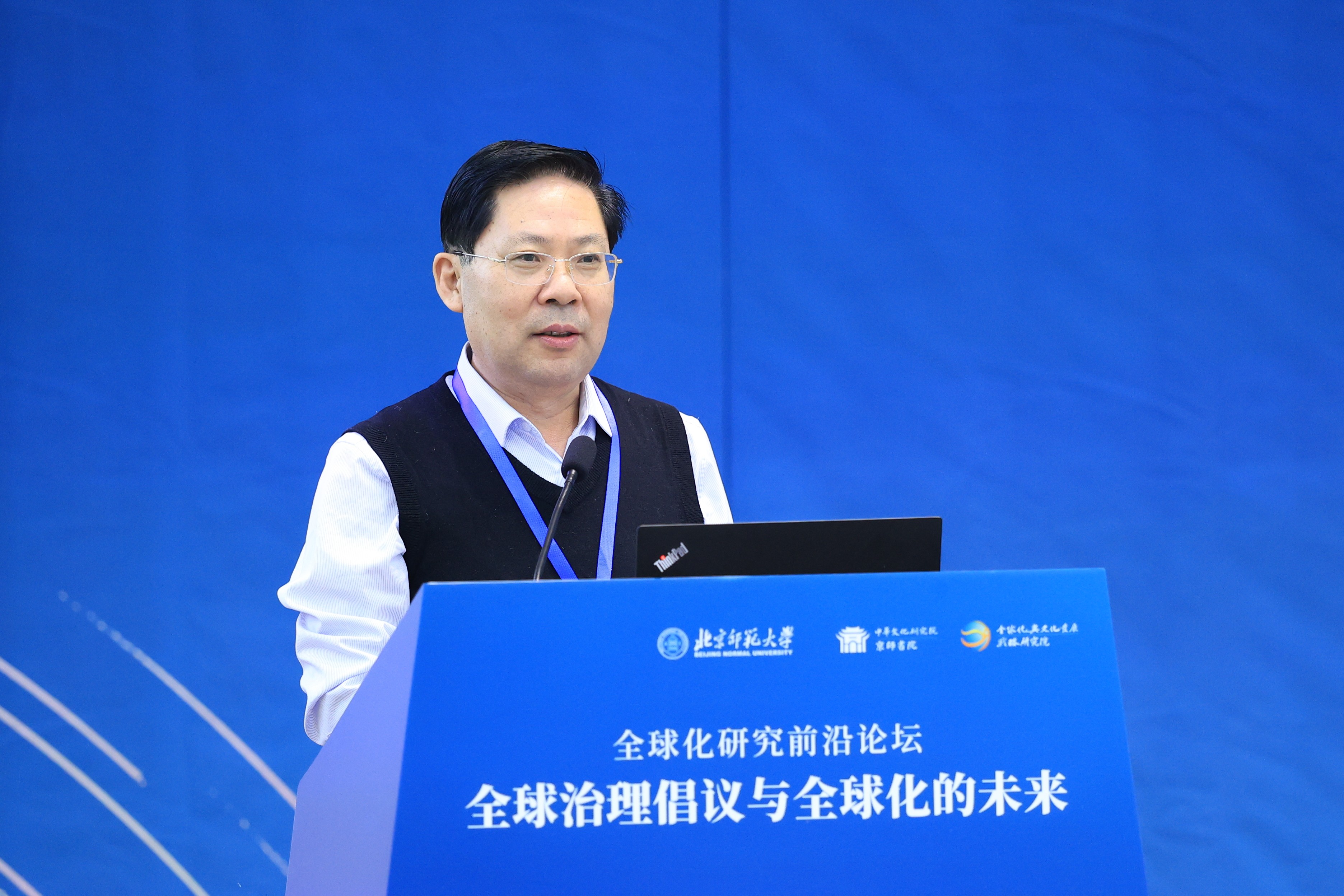
Zheng Yu, director of the Department of International Studies at the School of International Relations and Public Affairs at Fudan University, analyzed the global governance under the background of new globalization.
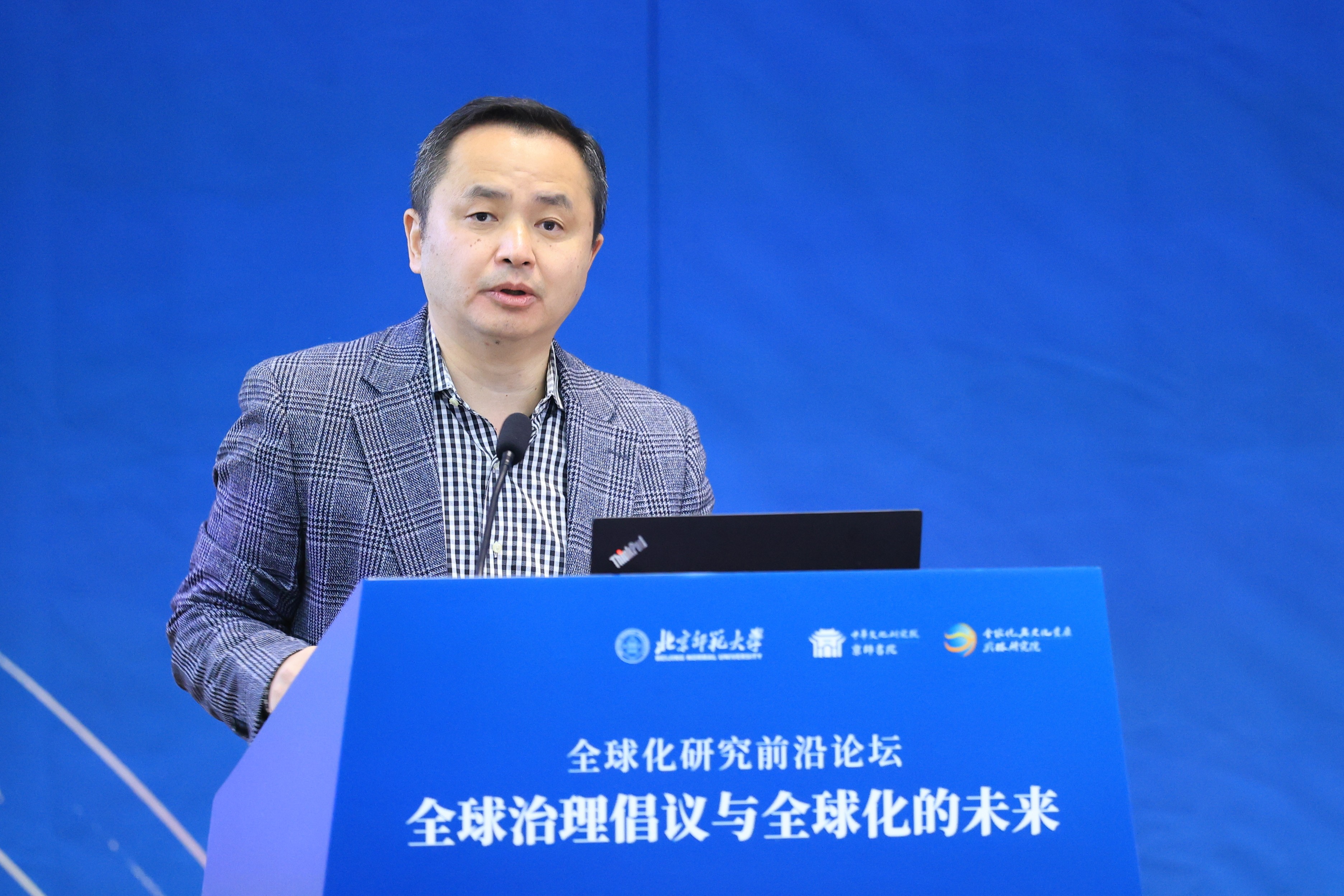
Liu Zhenye, Deputy Director of the Globalization and Global Issues Institute at China University of Political Science and Law, analyzed the challenges faced by global governance since the world entered a period of turbulence and transformation, and emphasized the crucial role of the Global Governance Initiative in driving reform, refinement, and development of the global governance system.
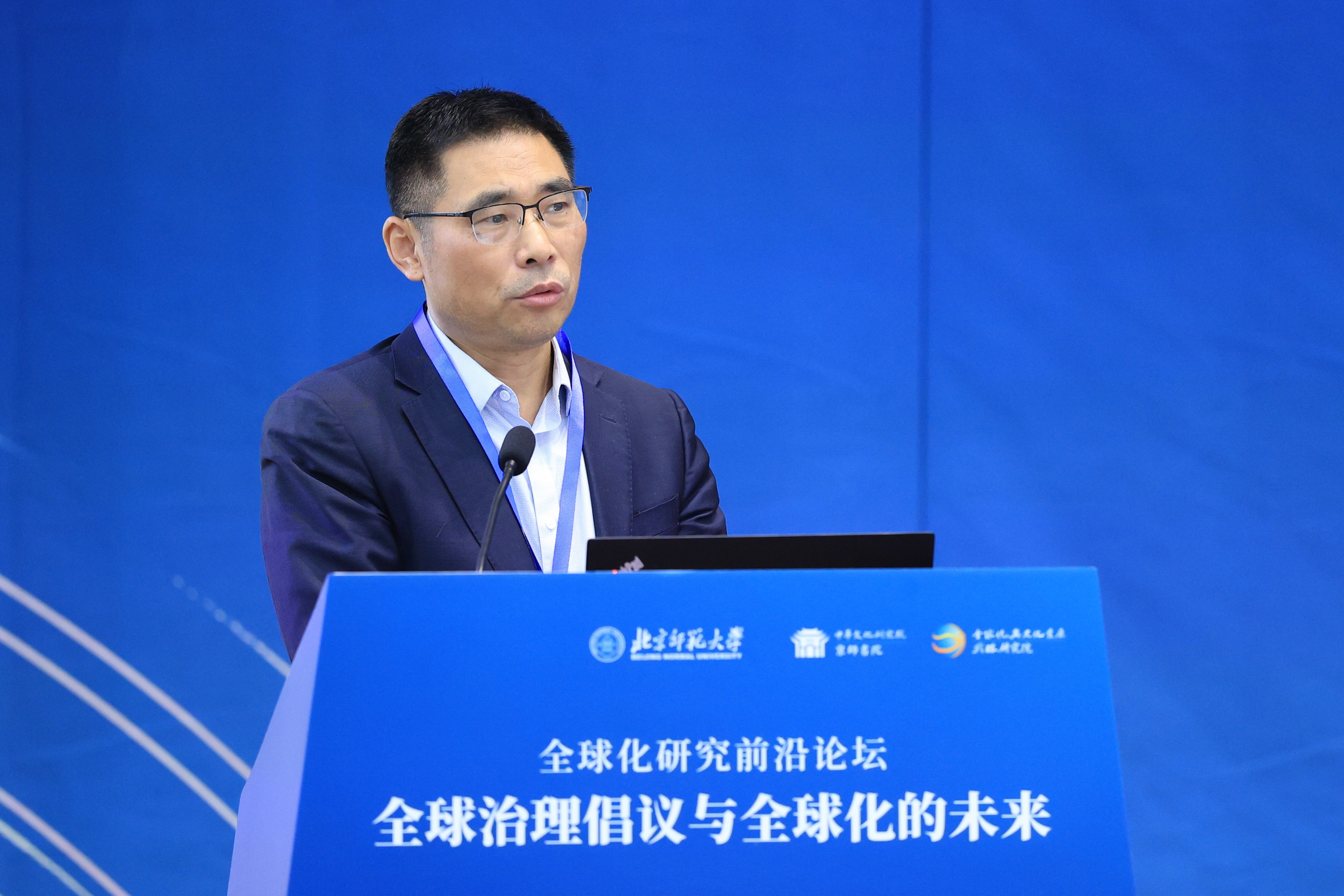
Professor Yang Saini from BNU shared China’s story in global disaster reduction, introducing six major China’s disaster reduction practices and China’s significant contributions to global disaster reduction governance. She proposed that governance experiences should be based on scientific evidence to achieve the goals of being replicable, scalable, and agendaable.
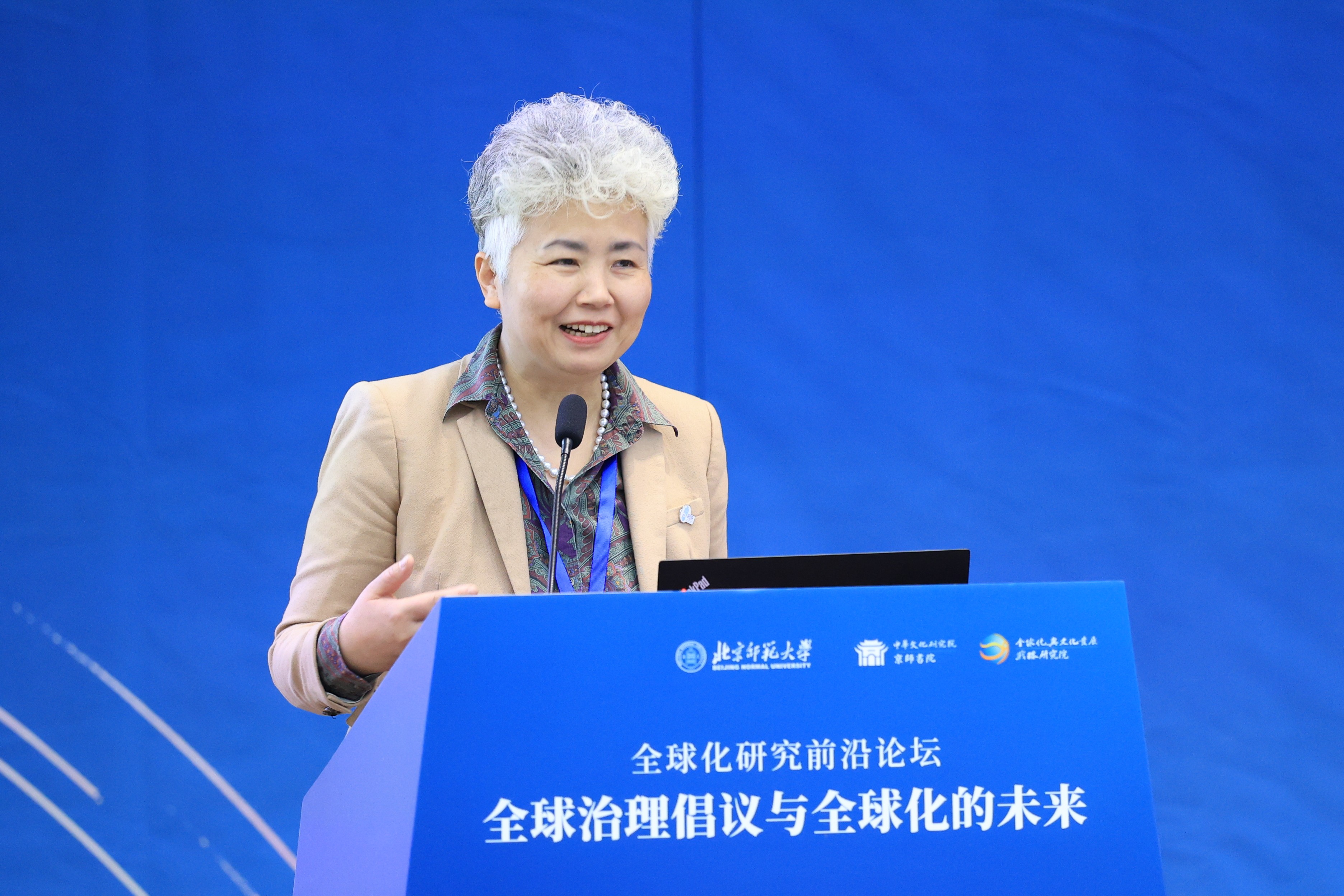
Li Shi, a professor at the School of International Studies at Renmin University of China, analyzed the commonalities and differences of Chinese and Western peace theories from a historical perspective and compared the peace pictures in Chinese and Western political thoughts.
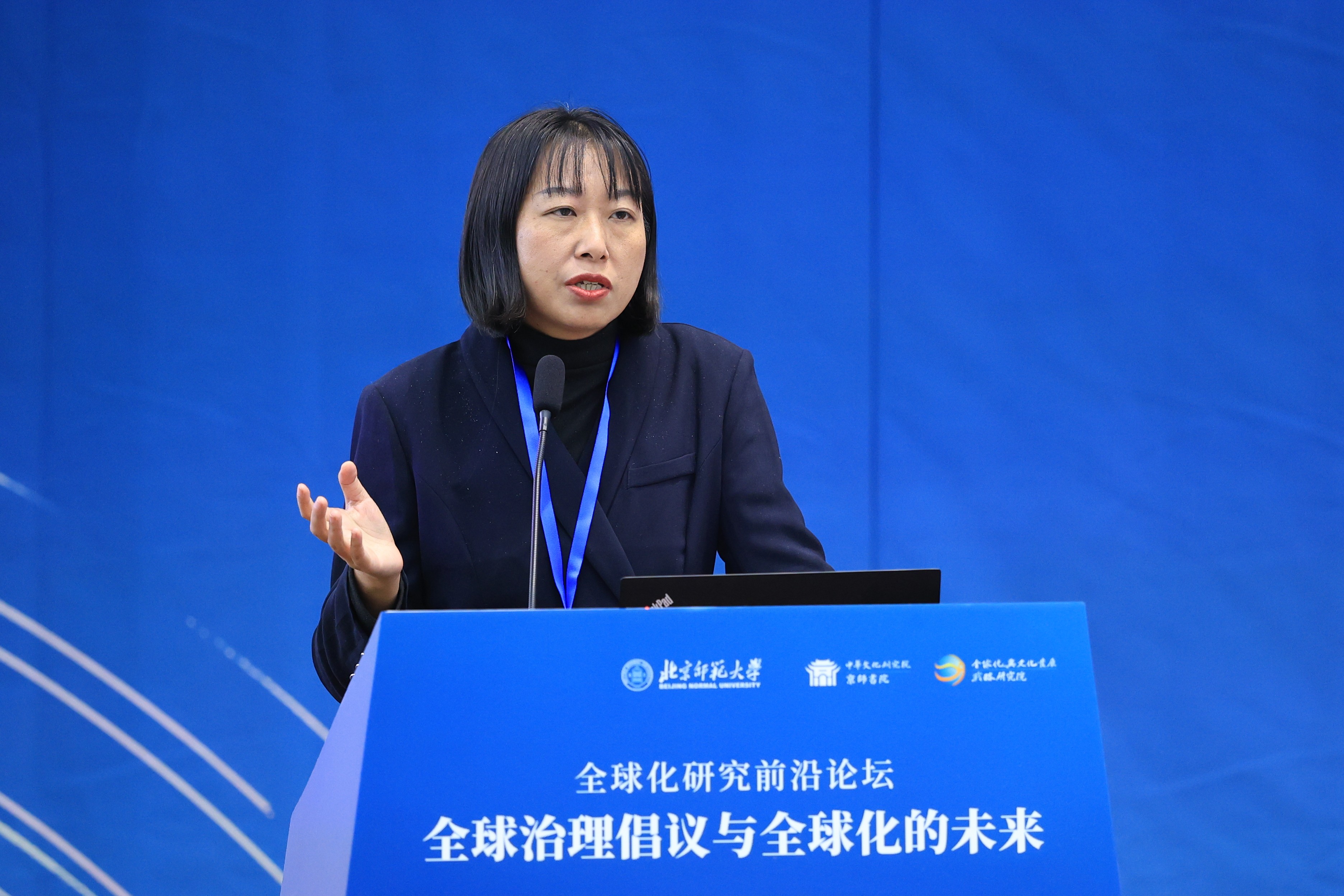
The symposium were divided into four thematic forums, namely: Global Governance Initiative and Global Change, Globalization and Global Governance Practice, Global Governance in the Era of Digital Globalization, Global Justice and Global Governance.
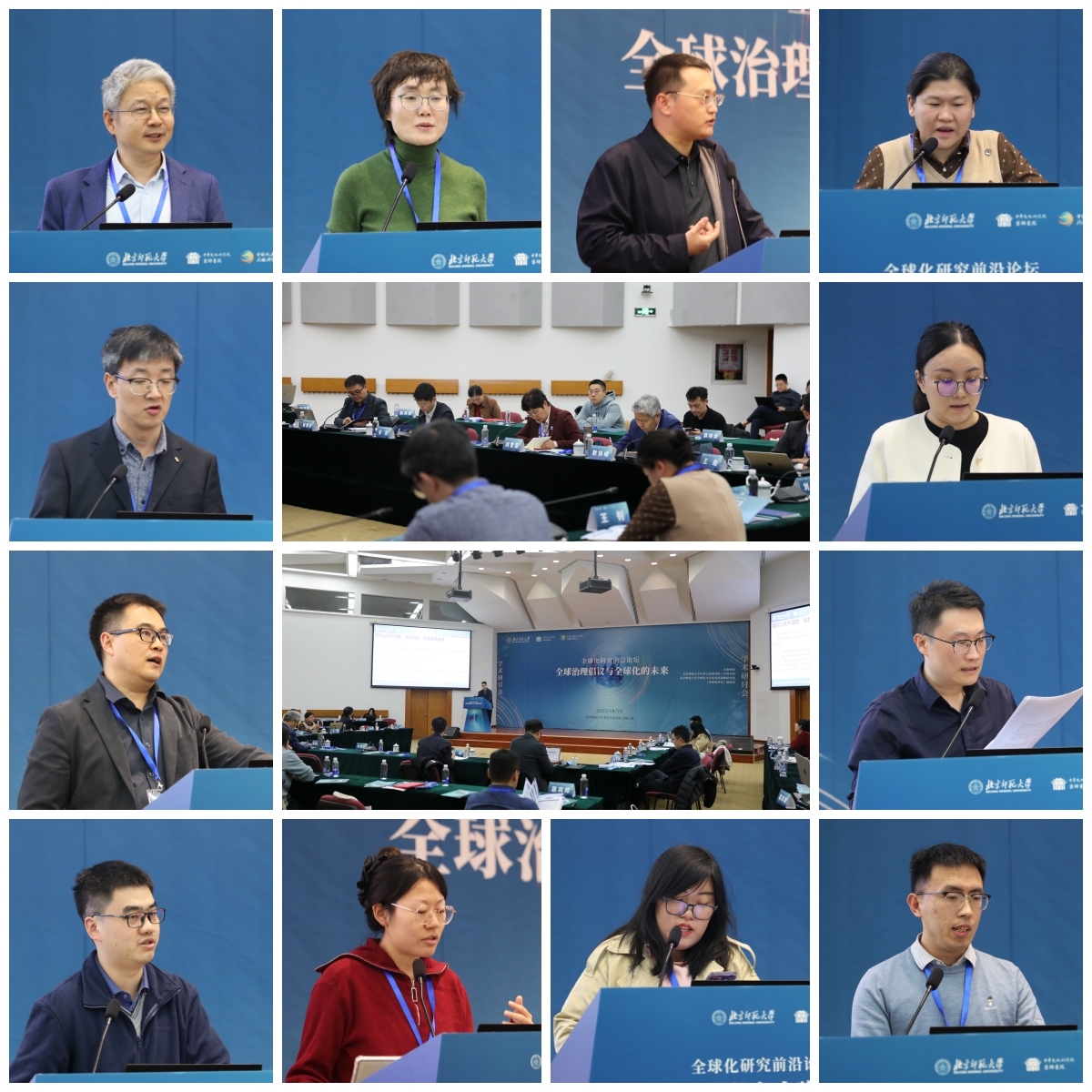
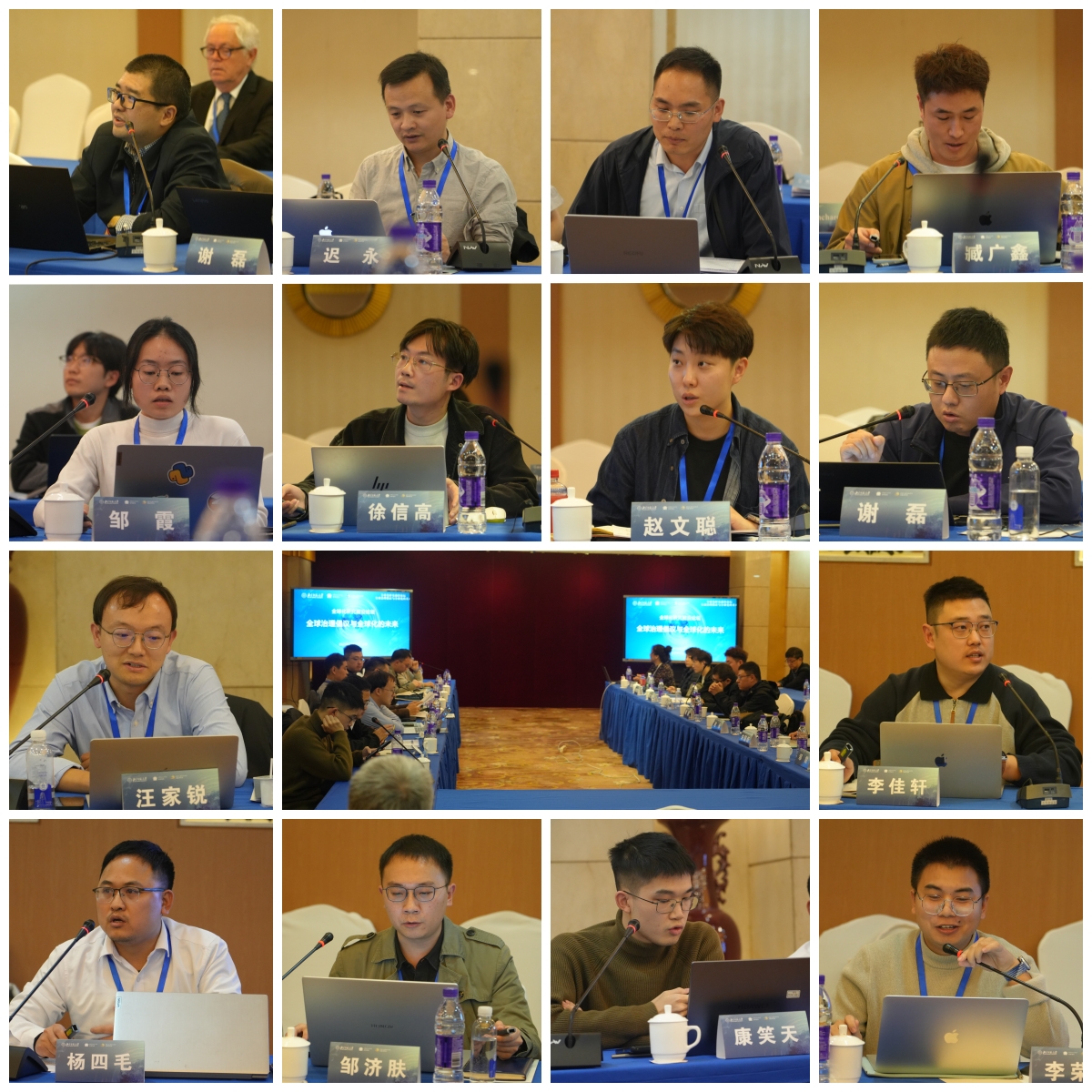
Xiao Kai, Vice Dean of the Institute of Jingshi Academy at BNU, announced the list of outstanding papers in the "Frontier on Globalization Research" essay competition during the conference, with Wu Zhicheng and Xue Xiaoyuan presenting awards to the winners.
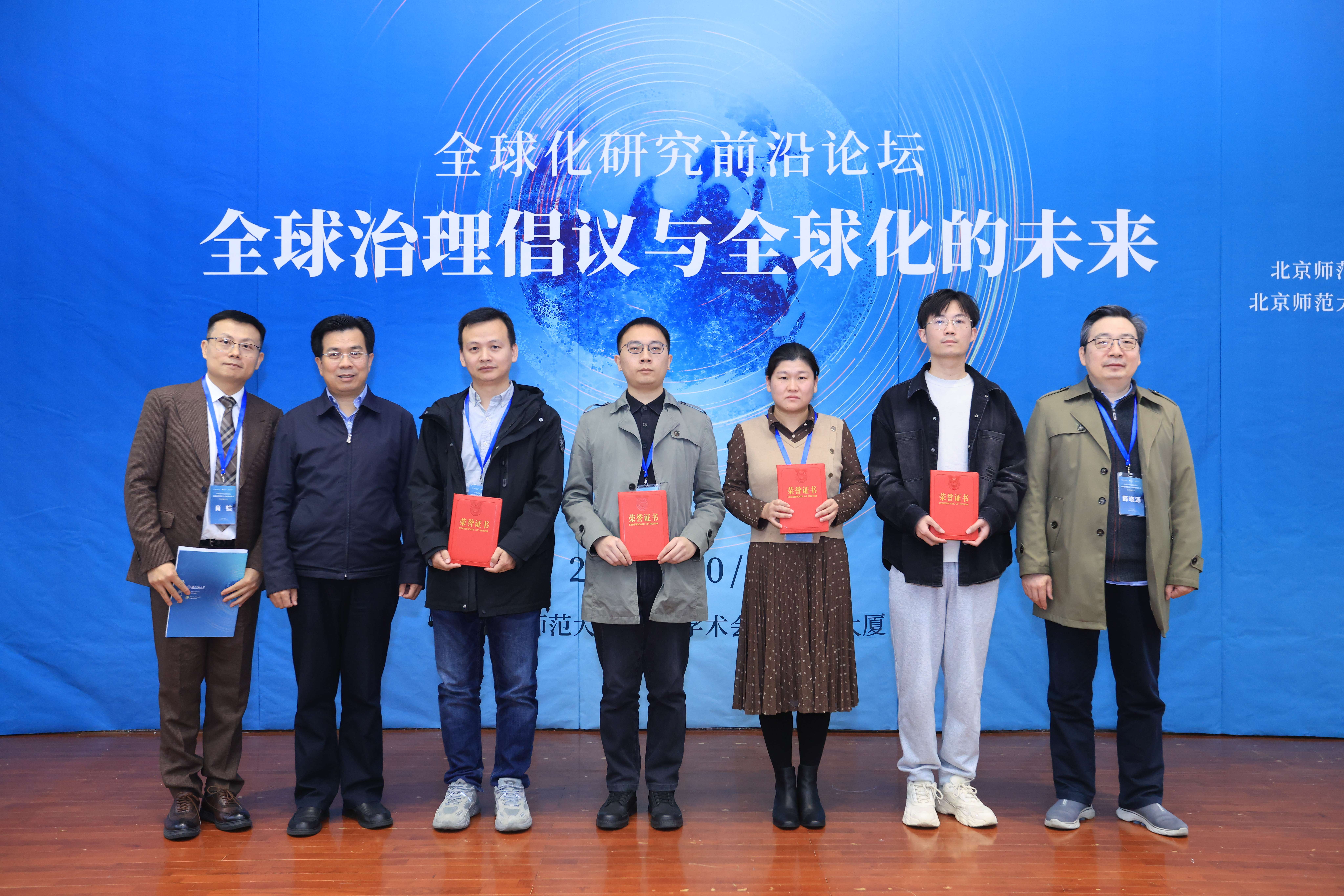
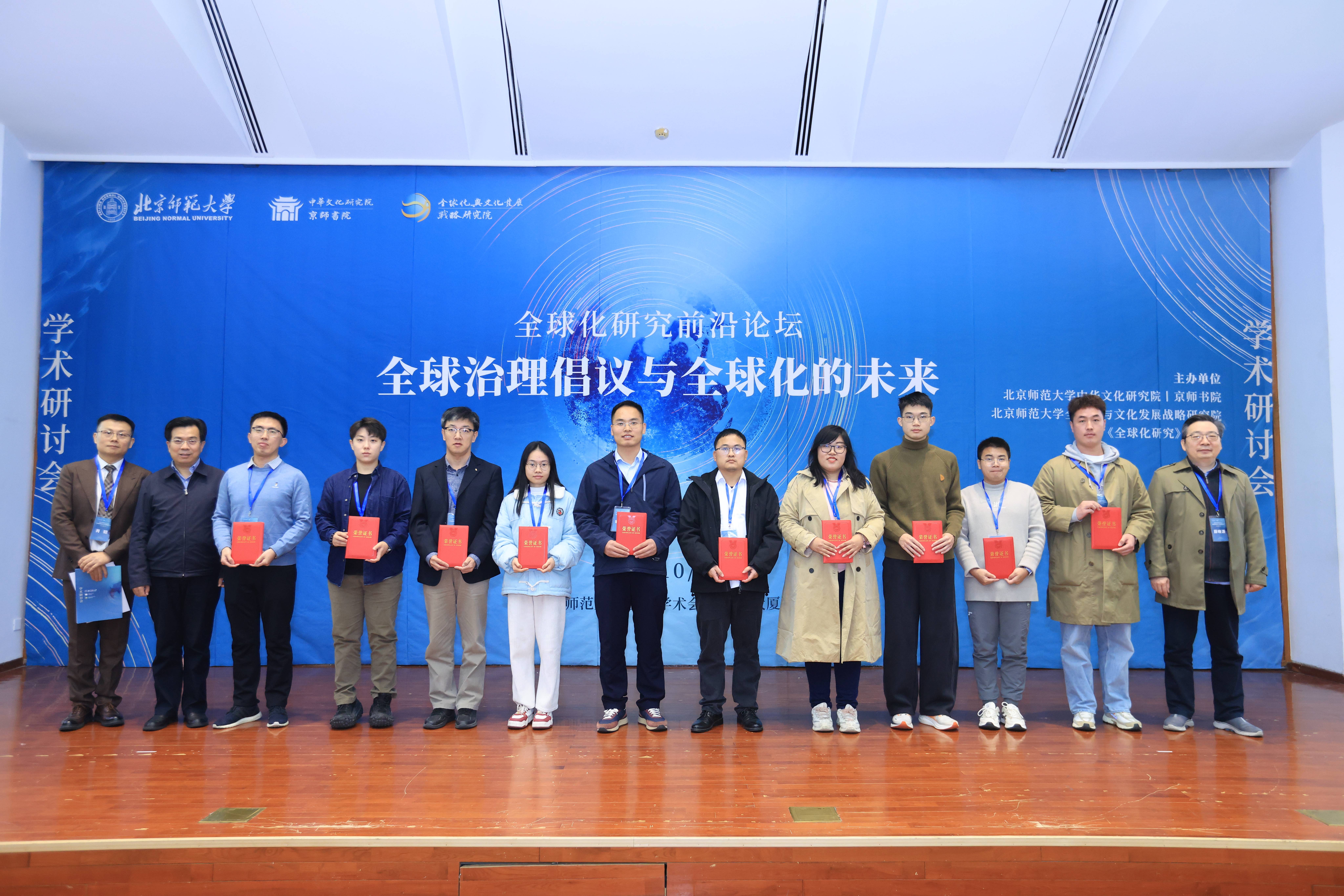
This academic symposium is jointly organized by Jingshi Academy, the Research Institute for Globalization and Cultural Development Strategies, and the Editorial Department of Globalization Studies.
